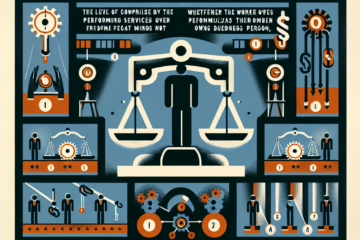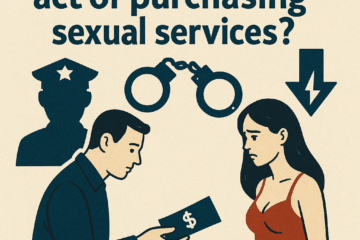Drug Offences
Table of contents
Possession
Offences under section 4 of the Controlled Drug and Substance Act (the “CDSA”), prohibits the possession of certain controlled substances. The CDSA classifies different types of controlled substances into different schedules – typically carrying different penalties for different schedules.

Two of the main requirements that are routinely considered when analyzing these charges are knowledge and control. The evidence must establish that an accused person had both knowledge of the substance and control of the substance. Thus, someone cannot possess a substance if they don’t know where it is or if it’s not in their control.
An extremely careful review of the evidence is paramount when considering possession charges. Many assumptions can be made, such as, an accused person must have had knowledge and control of a substance. Especially if that person was near the item when it was found by the police. This may not always be the case.
If you have been charged with possession of a controlled substance, it is crucial that you speak with a lawyer.
Trafficking
An offence under section 5(1) of the CDSA prohibits the trafficking of certain types of controlled substances. Like possession charges, the CDSA classifies different types of controlled substances into different schedules. These schedules typically carry out different penalties for different schedules.
What separates trafficking charges from possession charges is the requirement to sell a controlled substance. Intent to offer or sell a controlled substance isn’t necessary to be guilty of trafficking. In essence, proving intent to carry out a sale of a controlled substance isn’t necessary. However, it must be proven that you intended to make the offer.
There are certain defenses to trafficking charges that arise if you had no knowledge that it was a controlled substance.
It is highly recommended that you obtain legal advice immediately if you have been charged with trafficking a controlled substance.
Possession For The Purpose of Trafficking (PPT)
An offence under section 5(2) of the CDSA prohibits the trafficking of certain types of controlled substances. The CDSA categorizes controlled substances into schedules, each with varying penalties, akin to possession and trafficking charges.
PPT differs from trafficking and possession due to concept that you must possess a controlled substance for trafficking. The quantity of the controlled substance that you possess can be indicative of PPT charges. However, a certain amount is not required to be proven for you to be found guilty.

The issue surrounding your knowledge and control of a controlled substance, again, weighs heavily when considering PPT charges. If you have been charged with PPT, it’s critical that you speak with a lawyer as soon as possible.
Frequently Asked Questions
Possession – What is the minimum sentence for possession of a controlled substance in Canada?
There is no minimum sentence for possession of a controlled substance. However, depending on the type of controlled substance, your sentence may range from $1000 to seven years in prison.
Possession – What is a scheduled substance in Canada?
Possession of a drug is not technically a criminal offence. In Canada, it is the possession of a scheduled substance that is prohibited. The CDSA outlines which substances belong to which schedules, often carrying different penalties. For example, opium and cocaine are Schedule I substances.
Trafficking – What does “trafficking” mean?
“Trafficking” includes offering to sell. It is crucial to note that intent to carry out the offer isn’t necessary, just the intent to make it.
This charge can be highly technical, so getting legal advice immediately if you’re charged with trafficking is crucial.
Trafficking – What if I didn’t know the nature of the substance being sold by the person I was with?
If you genuinely didn’t know what the person you were with was selling, you might have a defense against charges. However, without evidence to support this, you could still be convicted of trafficking even if you didn’t know the substance.
PPT – What is the difference between trafficking and PPT?
Trafficking requires the selling/distributing or intending to sell/distribute a controlled substance. PPT does not have the same threshold regarding intent.
Finding large amounts or specific packaging of a controlled substance can satisfy PPT charges. However, knowledge and control of the substance are still essential.
PPT – What is the amount of a controlled substance that you must have to be charged with PPT?
Possession of a particular quantity of a controlled substance is not required for PPT. Each situation requires a different analysis. The evidence, regardless of quantity, must prove you knew the substance’s nature and possessed it for trafficking. Again, whether someone possesses something for the purpose of trafficking requires careful consideration of the evidence against you.
Discover more from Pax Law Corporation
Subscribe to get the latest posts sent to your email.



0 Comments